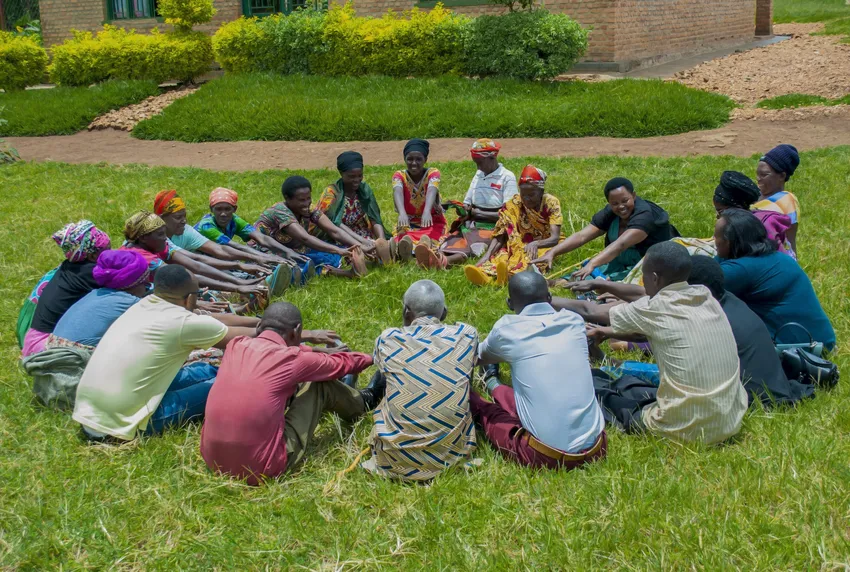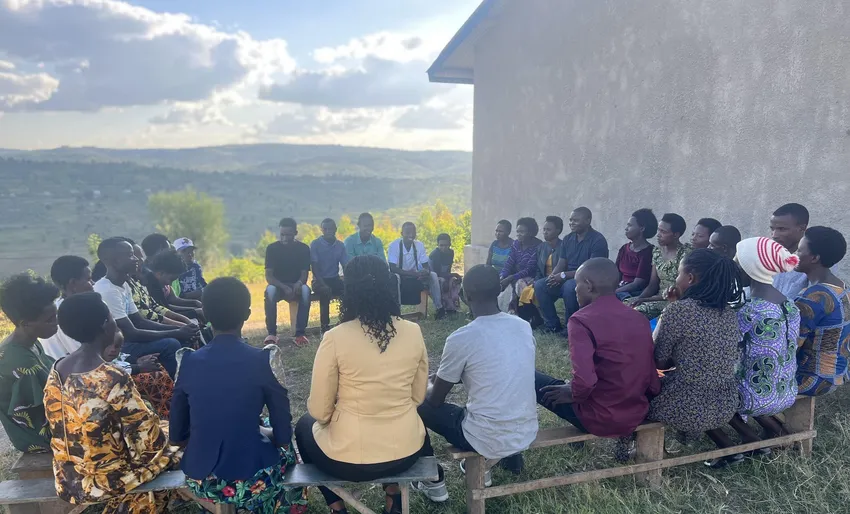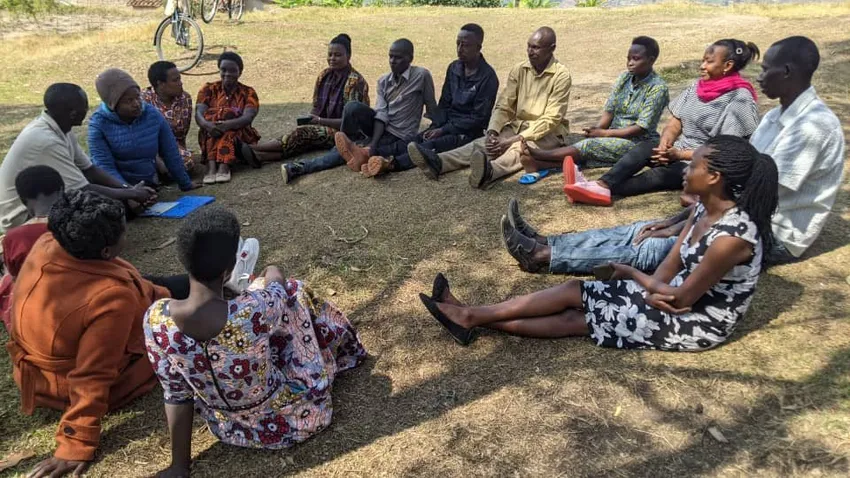The project will provide counselling to 300 young genocide survivors to reduce their trauma and anxiety, enabling them to start income generating opportunities to alleviate their poverty and contribute to their long-term mental health. 24 of them will also be trained to be lay counsellors.
Categories
Beneficiaries
While the 1994 Rwandan genocide is well known, less understood is the conflict's lingering impact on survivors' mental health & therefore their ability to lead normal lives & support themselves. Many orphans had to raise their siblings, some are single mothers & others have been cheated out of their inherited property by distant relatives & strangers. Since Rwandan mental health services are woefully under-resourced, many face lasting trauma, anxiety or depression. Most are living in poverty.
We will train 24 lay counsellors in trauma counselling. They will be embedded in their communities and will run group counselling for beneficiaries. These sessions will raise awareness of mental illness, including trauma and reduce stigma. Lay counsellors will also identify people who need more help and refer them to the project counsellors. Relieving the survivors' anxiety & depression & offering support will equip them with the confidence to return to work and alleviate their poverty.


